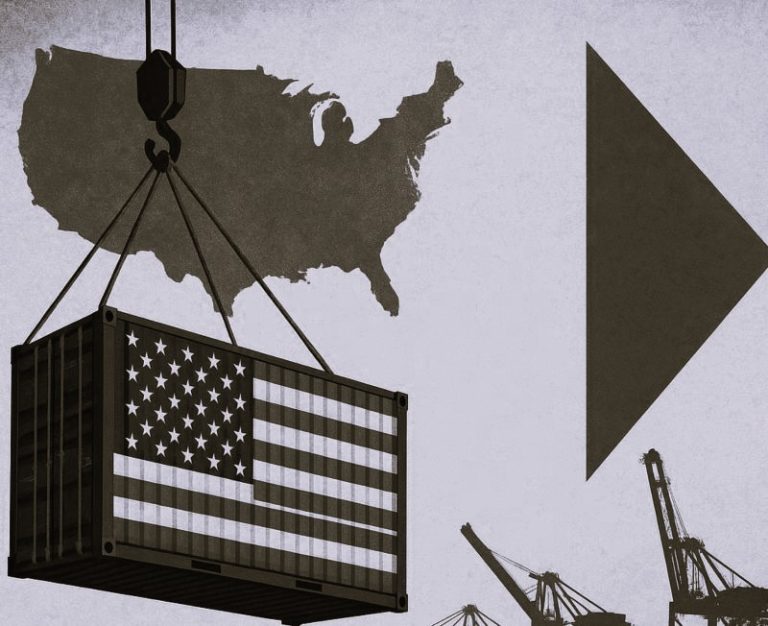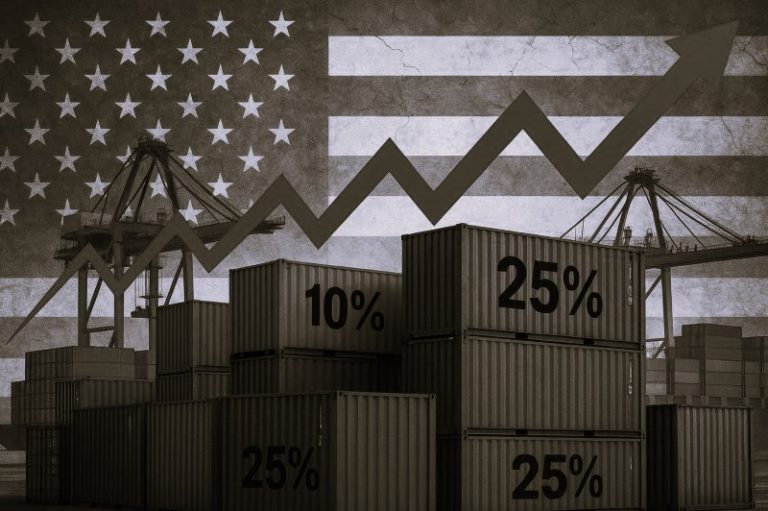

Along with the United States, the participants represent 40% of world GDP.

By Maureen Groppe
White House Correspondent
USA Today
Unwilling to pursue trade agreements that are unpopular in the United States, President Joe Biden on Monday rolled out a different type of economic agreement among Indo-Pacific countries.
Biden announced in Tokyo the dozen founding partners forhis Indo-Pacific Economic Framework, an attempt to deepen cooperation and U.S. economic engagement in the region, partly to help counter China’s growing economic and military influence.
“We’re writing the new rules for the 21st century economy,” Biden said.
The participating countries, however, must still negotiate the details in each action area – including supply chains, digital trade, clean energy and anticorruption – before signing any agreements. It’s unclear whether Congress would have to sign off on the agreements as they do trade pacts.
The Obama administration had hoped to assert U.S. leadership in the region through the Trans-Pacific Partnership, a comprehensive trade agreement among 12 Pacific Rim countries. But the deal struggled to win support from lawmakers and former President Donald Trump withdrew from the pact, declaring an end to the era of multinational trade agreements.
READ ENTIRE ARTICLE AT USA TODAY






